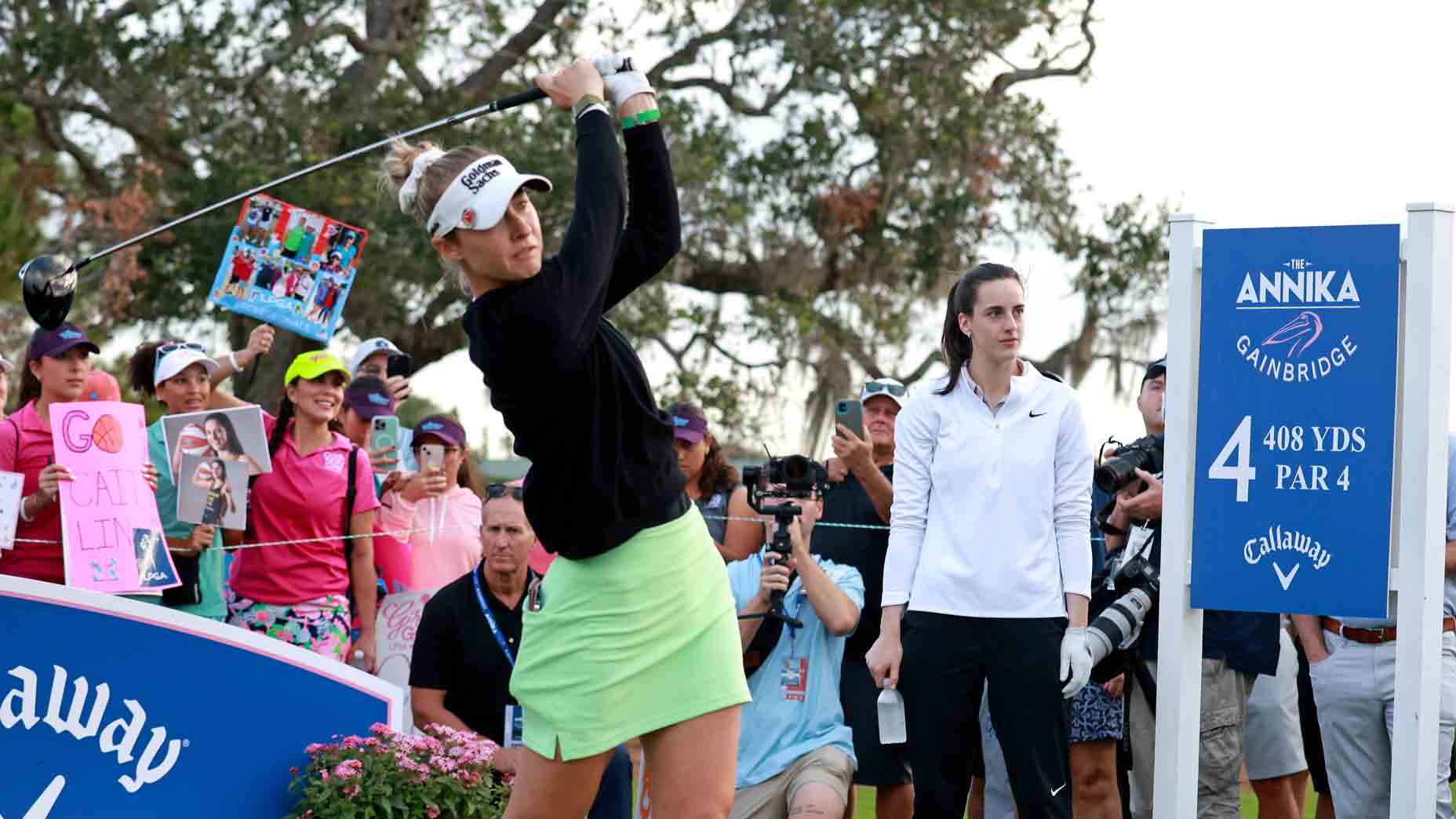The LPGA and USGA announced updates to their respective gender policies Wednesday, placing new restrictions on transgender athletes in competition.
Beginning in 2025, golfers must be assigned female at birth or undergo gender reassignment before puberty to compete on both the LPGA Tour and in women’s USGA events.
The USGA’s Competitive Fairness Gender Policy was established with the aim of maintaining equity in USGA women’s competitions, without allowing an unfair advantage for athletes who have received the performance benefits of male puberty. According to a USGA press release, the policy is supported by current scientific and medical research which shows that sports performance differences exist between biological sexes and such differences begin to occur during the onset of puberty.
“We remain committed to providing opportunities for everyone to compete for a national title or team but have made changes to our eligibility criteria that reflects current scientific data and strives to maintain competitive integrity,” USGA CEO Mike Whan said in the release. “Our updated policy reflects a thoughtful and thorough process during which the USGA consulted with leading medical professionals from around the world.”
Did LPGA capitalize on women’s sports boom? Or did it fall short?By: Nick Piastowski
While the policy will govern USGA Championships in 2025 and beyond, it is not intended apply to recreational, non-elite competitions or participatory events, teams or leagues.
The LPGA’s gender policy aligns with the USGA’s, and was informed by a group of experts in medicine, science, sport physiology, golf performance and gender policy law. The group advised that the effects of male puberty confer competitive advantages in golf performance compared to players who have not undergone male puberty.
The policy stipulates that competitors who were assigned female at birth are eligible to compete on the LPGA Tour, Epson Tour, Ladies European Tour, and in all other elite LPGA competitions, while players assigned male at birth and who have gone through male puberty are not eligible to compete. LPGA recreational programs and non-elite events utilize a different criteria than the updated gender policy for Tour-level competition.
“Our policy is reflective of an extensive, science-based and inclusive approach,” LPGA Commissioner Mollie Marcoux Samaan said in a press release. “The policy represents our continued commitment to ensuring that all feel welcome within our organization, while preserving the fairness and competitive equity of our elite competitions.”
Before the policy update, the USGA and LPGA allowed biological males to compete against biological females if they had undergone gender reassignment surgery and met hormonal therapy requirements.
In October, transgender golfer Hailey Davidson competed in the second stage of LPGA Q-School but failed to advance. Days before the Q-School’s pre-qualifying, Outkick reported, 275 female players had signed a letter that was sent to the LPGA, USGA and the International Golf Federation, asking those organizations to prohibit players assigned male at birth from competing in women’s events.
You can read more about the USGA’s Competitive Fairness Gender Policy here, and the LPGA’s Gender Policy for Competition Eligibility here.











